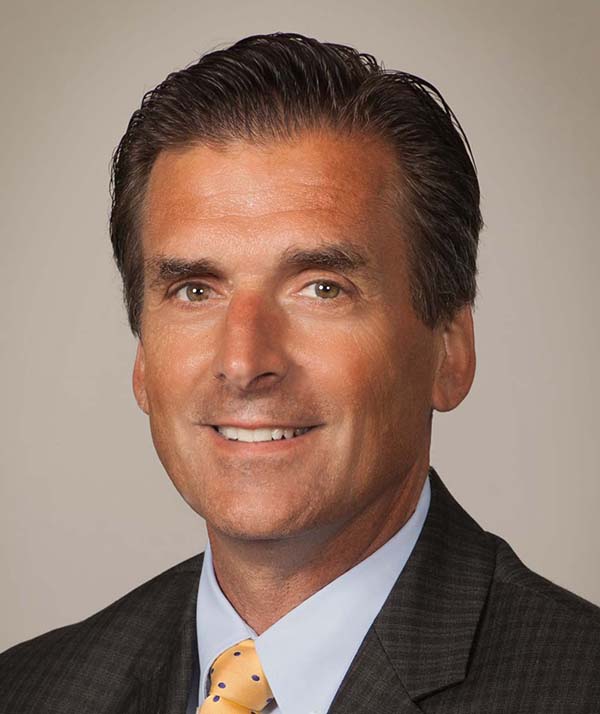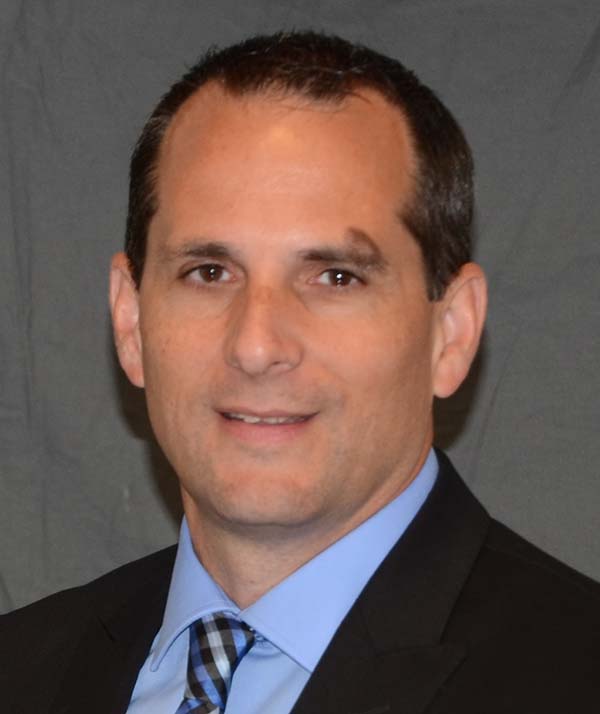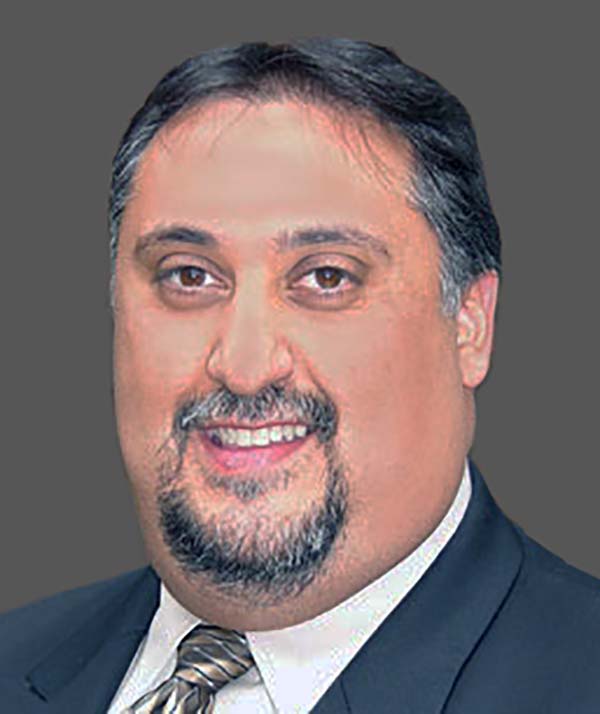CCNJ Moves Forward Thanks to Langan
New Jersey Environment Committee Holds First-Ever Virtual Meeting

Despite the coronavirus, the Environment Committee of the Chemistry Council of New Jersey (CCNJ) gathered virtually via Webex on April 7. Langan hosted the half-day session with 130 participants from the state’s leading chemical and manufacturing companies. In addition to regular agenda items such as regulatory and legislative highlights, speakers from CCNJ, Thermo Fisher Scientific, and Langan focused on responses to COVID-19.
Steven Ueland, Managing Principal of Langan and a member of CCNJ’s Board of Directors, moderated the meeting, which featured presentations about shared struggles, lessons learned, and hope for the future, with a particular emphasis on the role CCNJ members are playing to combat the pandemic.
INDUSTRY RISES TO THE CHALLENGE

Mark Jasko, Director of Global ESH & Regulatory Affairs of Thermo Fisher Scientific, and Dennis Hart, Executive Director of CCNJ, both presented insights as to how industry is responding to the COVID-19 pandemic.
Jasko highlighted Thermo Fisher Scientific’s work at both its Bridgewater and Fair Lawn, New Jersey sites related to anti-COVID operations. This included working together with Roche to develop and deploy the first COVID-19 test kits, which are produced in Austin, Texas. The Laboratories Chemical Division of Thermo Fisher Scientific played a prominent role in this task, and faced challenges including operations logistics and the demands for blending, testing, and purification. Thermo Fisher Scientific is providing high purity compounds to support research activities that are ongoing in the battle against COVID-19.
The challenges to industry also include the significant reduction in overall demand for products. In response to these business challenges, Thermo Fisher Scientific set up manufacturing for hand sanitizer within three days, allowing its service technicians access to this product while working. The Food and Drug Administration waived requirements and provided temporary authorizations.

Hart reviewed CCNJ’s ongoing efforts to support its members including providing immediate notices of New Jersey Governor Phil Murphy’s Executive Orders. Hart reminded participants that a ‘Stay at Home’ order for non-essential businesses remains in place, and that a letter from your employer is needed should you need to work away from home. CCNJ has been assisting members with related issues, including responding to local municipalities that have looked to shut down all industries. Hart pointed out that municipalities do not have authority to override the Governor’s exemption for essential industries to operate. Additionally, CCNJ has been working with certain industries to source the materials and chemicals necessary for the production of personal protective equipment (PPE).
Both Jasko and Hart confirmed that New Jersey’s chemical industry is hurting. CCNJ is impressing upon the New Jersey Department of Environmental Protection (NJDEP) that these companies are not able to operate or address regulatory compliance issues as they would under normal circumstances. CCNJ has sent a letter to the NJDEP requesting a general extension of all permit, regulatory, renewal, and compliance deadlines for at least 60 days beyond the expiration of the Governor’s Executive Order 103.
HEALTH AND SAFETY AND TECHNOLOGY PERSPECTIVES ON COVID-19 RESPONSE

Tony Moffa, Corporate Health and Safety Manager of Langan, and Sam Ishak, Chief Information Officer of Langan, shared their experiences and lessons learned as members of Langan’s Coronavirus Task Force. As the number of confirmed cases increased globally, the task force focused on raising awareness, business preparedness, and prevention measures. Langan elected to spin off smaller, more focused groups to address these specific areas for greater efficiency and speed of response to the pandemic and critical communication.
As the Corporate Health and Safety Manager, Moffa was responsible to interpret and communicate the incoming information that was evolving by the hour. Through regular updates and communications, Langan’s COVID-19 response was communicated internally and externally. Documents such as job safety analysis, site-specific health and safety plans, and COVID-19 response plans were developed collaboratively and quickly transmitted. Early on, Langan committed to doing our part to flatten the curve, beginning with a proactive travel restriction approach, quarantine, and work away from office policy. Langan has implemented a tracking system for primary/secondary exposure and positive symptoms, both internally and for our clients.

Ishak shared that years of planning for greater mobility accelerated at a previously inconceivable pace, as 1,200 users were converted to remote in a weekend. Constant communication must accompany the digital processes and infrastructure to allow the workforce to adapt and acclimate to their new reality. The return to office will present similar challenges, and Ishak plans to continue to monitor the progress and adapt, using the communication and feedback mechanisms that were so effective in the remote migration.
Both Ishak and Moffa acknowledged that the response to the COVID-19 crisis simultaneously affected home and work lives, and that the key to a successful change management program is sensitivity to that fact. What they heard repeatedly, from clients and industry partners, is that the challenges Langan faced were shared by many and that the unprecedented level of remote collaboration and safety awareness that has become the “new normal” will only serve to make our industry stronger in the future.
